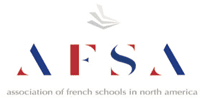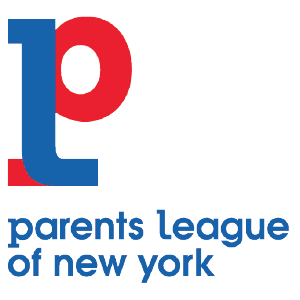Bilingualism and Speech Delays: What’s the Connection?
The world is becoming more multilingual. Nowadays, it’s common for parents to teach their kids two or more languages.
Statistics showed that there are more second language speakers of English than native speakers worldwide. In Canada, 11.9 % of the population speaks a language other than English or French at home. In the United States, the percentage of school-age children speak a language other than English at home.
Despite this, there’s a growing concern among parents with regard to the rise of bilingualism. Others are linking bilingualism to speech delay. Of course, no parent would want to have their children experience delays in speech development or any other kind of growth.
But, is there a valid reason to be worried? Or are we just depriving our children of the advantages of bilingualism because of a misleading myth?
Let’s end all speculations once and for all. Here’s what experts and various studies have said about bilingualism and speech delay.
Dissecting Bilingualism and Speech Delay
A child with speech delay manifests a delay in the use of the mechanisms that produce speech or the actual process of making sounds. A common sign of speech delay is when a child is not meeting the language developmental milestones for their age.
Bilingualism, on the other hand, is often confused as a cause of speech delay because of the two ways of its acquisition — simultaneous and sequential acquisition.
Simultaneous acquisition happens when two languages are introduced to a child at the same time. This means that the second language is taught before the child reaches the age of three. Meanwhile, sequential acquisition is when the second language is introduced after the age of three. At this point, the child has already established his first language.
Although bilingual language development has a slight difference from monolingual language development, it doesn’t necessarily translate into a delay in speech. The cause of speech delay is congenital or present at birth such as hearing impairment, autism, and intellectual disability.
Bilingual and monolingual children start speaking at similar times.
The vocabulary of bilingual children may be smaller than average, but the combined size of his vocabulary from both languages is the same with monolingual children. And while a bilingual child may speak his first word later than a monolingual child, research shows that both monolingual and bilingual children meet language developmental milestones within the same time frames.
It’s also important to note that some children may start speaking earlier than expected while others could be later regardless if they’re raised monolingual or multilingual.
Bilingualism has cognitive and social advantages.
According to Drs. Barbara Lust and Sujin Yang of the Cornell University of Human Ecology, bilingualism does not cause speech delay, language confusion or cognitive problems among children. Instead, it can enhance the children’s ability to focus despite the presence of distractions. Learning and speaking two or more languages can also broaden children’s perspectives and give them easier access to other cultures.
There’s no valid reason to be worried about bilingualism as several studies have already concluded that it doesn’t cause speech delay. What parents can only expect from bilingualism are the benefits it could bring to child development and learning. For instance, bilingualism supports math skills and enhances social abilities among children.
So, don’t miss the chance to improve your child’s potentials. Get them ready for the multilingual world as early as childhood.



















